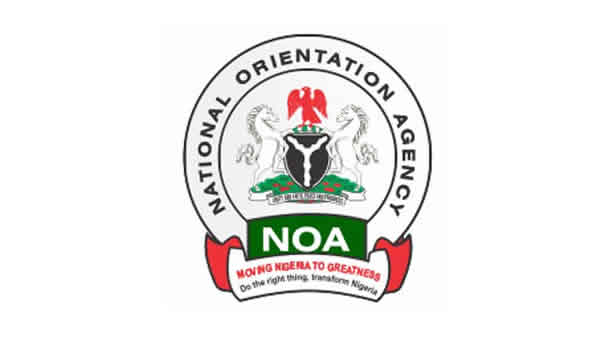The National Orientation Agency (NOA) in Ekiti State has launched a comprehensive campaign to address critical social issues, including the deeply entrenched practice of female genital mutilation (FGM), human rights violations, and the pervasive problem of environmental pollution. This multi-pronged approach aims to foster a society that respects fundamental human rights, promotes healthy living conditions, and protects vulnerable populations, particularly women and children. The NOA recognizes the interconnectedness of these issues and the need for a concerted effort to bring about meaningful and sustainable change.
Central to the NOA’s strategy is the eradication of FGM, a harmful traditional practice that inflicts irreversible physical and psychological trauma on young girls and women. Recognizing the deeply ingrained nature of this practice, the NOA is emphasizing community engagement and education to dismantle the social norms that perpetuate FGM. This involves raising awareness about the severe health consequences of FGM, including infection, chronic pain, childbirth complications, and psychological trauma. By empowering communities with knowledge and encouraging open dialogue, the NOA seeks to foster a collective rejection of this harmful practice and promote the well-being of girls and women.
The NOA’s campaign also addresses the broader issue of human rights violations, encompassing various forms of abuse and discrimination. The agency emphasizes the importance of respecting fundamental freedoms, including the right to life, liberty, and security of person, as well as freedom of expression, association, and religion. By promoting a culture of respect for human rights, the NOA aims to create a more just and equitable society where the dignity and worth of every individual are recognized and protected. This focus on human rights complements the campaign against FGM, as it underscores the inherent violation of girls’ and women’s rights inherent in this harmful practice.
Environmental sanitation forms another crucial pillar of the NOA’s campaign. Recognizing the link between environmental hygiene and public health, the agency is promoting responsible waste disposal practices, encouraging community clean-up initiatives, and raising awareness about the dangers of pollution. This includes educating communities about proper sanitation practices, promoting the use of sanitary facilities, and discouraging open defecation. By improving environmental hygiene, the NOA aims to reduce the incidence of preventable diseases, create healthier living conditions, and enhance the overall well-being of communities.
The NOA’s collaborative approach involves partnering with key stakeholders, including government agencies, civil society organizations, and religious leaders. This collaborative strategy leverages the expertise and resources of various organizations to maximize the campaign’s impact. The involvement of the National Human Rights Commission (NHRC) ensures that the human rights aspect of the campaign is effectively addressed, while the participation of the Nigeria Security and Civil Defence Corps (NSCDC) provides necessary support in enforcing regulations related to environmental sanitation. Furthermore, the collaboration with the National Agency for Food and Drug Administration and Control (NAFDAC) addresses the important issue of food safety, protecting communities from the risks associated with contaminated or adulterated food products. The Ekiti State Primary Healthcare Development Agency also plays a vital role by providing essential health education and services to communities.
The NOA’s commitment to community engagement is exemplified by its deployment of community orientation officers to disseminate information and mobilize support for the campaign at the grassroots level. These officers play a crucial role in bridging the communication gap between government agencies and local communities, ensuring that the campaign’s messages reach even the most remote areas. By engaging directly with community members, the NOA can tailor its message to specific cultural contexts and address local concerns. This grassroots approach fosters community ownership of the campaign and promotes sustainable change. The support of religious leaders, as demonstrated by the Christian Association of Nigeria (CAN), further amplifies the campaign’s reach and influence within communities. This collaborative effort, uniting governmental, non-governmental, and religious entities, creates a powerful force for positive change in Ekiti State.














